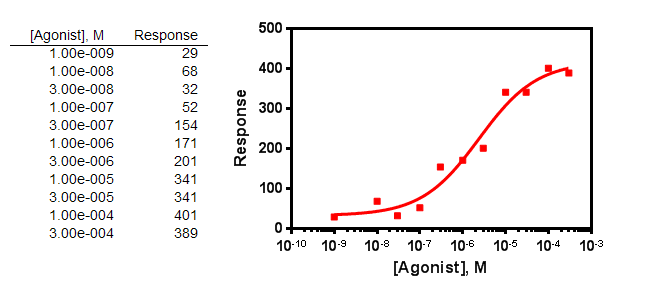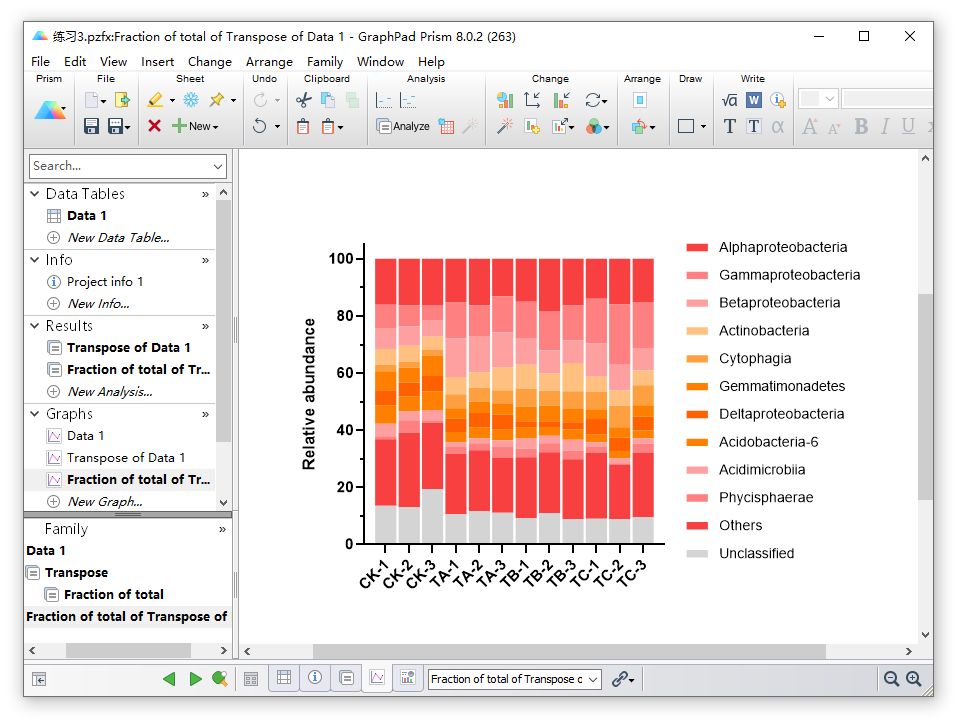
The role of CD47xCD19 co-ligation in inhibiting B cell proliferation illuminates a novel approach that may provide a therapeutic benefit in settings of autoimmunity and B cell malignancies. Another CD47xCD19 BsAb triggers recruitment and activation of innate immune effector cells in a B-cell lymphoma xenograft model. Meanwhile, a fully human BsAb targeting CD19 and CD47, NI-1701, demonstrated therapeutic effect in patients with B cell malignancies refractory/resistant to anti-CD20 targeted therapy. RTX-CD47, a CD20-targeting scFv antibody fragment derived from rituximab fused in tandem with a CD47-blocking scFv, demonstrated therapeutic anticancer activity in the mouse model of B-cell tumors.


Another anti-CD47/CD20 BsAb showed potent antagonism of the CD47/SIRPα pathway.

CD20-CD47SL, a CD47xCD20 BsAb, was observed to selectively bind to dual antigen-expressing lymphoma cells in the presence of an “antigen sink” of RBCs and recapitulated the synergistic effects of anti-CD47 antibody and rituximab combinations in mouse models of NHL. ĭifferent bispecific antibodies (BsAb) or fusion proteins targeting both CD47 and B cell antigens, such as CD20 and CD19, were generated to target and deplete B cells via multiple antibody-mediated mechanisms. The improved priming administration scheme of anti-CD47 molecules in combination with other agents promoting the expression of the prophagocytic signal on tumor cells has been used to avoid this adverse effect and demonstrated effective results. However, the clinical development of Fc-active anti-CD47 antibodies is hindered by the potential adverse events of hematological dose-limiting toxicity due to the broad expression of CD47 on blood cells, including erythrocytes and platelets. Recent progress has been made in targeting CD47 for cancer immunotherapy, and several CD47/SIRPα axis inhibitors have been developed for clinical trials with a favorable antitumor response in solid tumors and hematological malignancies.

CD47 was identified as the main macrophage checkpoint, and blocking CD47 can make macrophages phagocytize tumor cells and produce therapeutic clearance. CD47, as the “don’t eat me” signal, interacts with the inhibitory signal-regulatory protein alpha (SIRPα) receptor expressed by myeloid cells and activated NK cells and is overexpressed in different malignancies, causing tumors to escape the phagocytosis of macrophages.


 0 kommentar(er)
0 kommentar(er)
